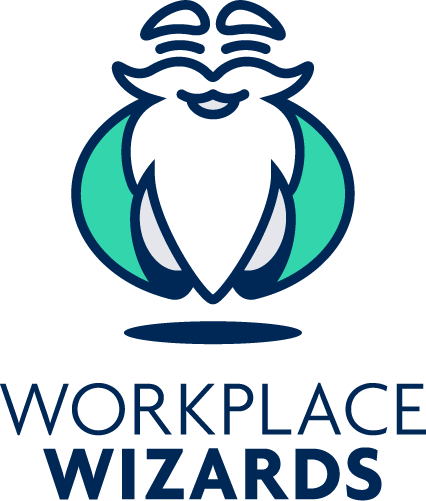The most extensive IR reform seen since the introduction of the Fair Work Act (Cth) in 2009 demands action from employers.
Shifting trends in the Australian workforce as well as the most extensive IR reform seen since the introduction of the Fair Work Act (Cth) in 2009 will be keeping employers on their toes this year.
The Fair Work Legislation Amendment (Secure Jobs, Better Pay) Act 2022 (Fair Work Amendments) introduces a wide range of compliance and IR reforms due to be rolled out this year that workplaces need to be aware of to update their strategy, compliance procedures and policies accordingly.
Skills shortages and changed employee expectations are predicted to be dominant trends this year so it’s time for employers to transform their attraction and engagement practices and their mechanisms to boost staff retention and growth.
Enterprise Bargaining Changes
Amendments to single enterprise bargaining commence on 6 June 2023,or an earlier date to be proclaimed. Further, multi enterprise bargaining will be available later in the year for the first time in a long time so it will be important to understand the potential benefits, opportunities and drawbacks of the new processes prior to embarking on your next enterprise agreement negotiations.
Job Growths and Attrition
Job growth and recruitment is on the rise according to industry forecasts, and we are likely to see more workplaces looking to increase staff numbers in 2023. At the same time, more employees are likely to consider leaving their current workplace with PWC’s recent Future of Work report last year finding that 38 per cent of employees were looking to resign from their workplace within the next 12 months.
Talent Shortages
Workplaces will continue to struggle to fill vacancies and they will also experience limited fresh talent in the short term, despite unemployment sitting at record lows within Australia. This means competition to attract and retain legal talent in Australia will remain high. Recruiting and retaining top talent will continue to be the strongest indicator of an organisation’s culture, benefits and success.
Alternative Resourcing
The challenges in sourcing and recruiting skilled staff will undoubtedly push many employers to look at alternative options to keep their work running. Contractors who can fill gaps at short notice will be important stopgaps for many employers – legal or otherwise. The use of fixed term contracts will be constrained from 6 December 2023 under the new Fair Work Act amendments. Among other changes, contracts for the same role will now be limited to a maximum of two consecutive contracts or a maximum duration of two years (subject to limited exceptions).
Work flexibility
Flexible and hybrid working remains the priority for many when it comes to attractive workplaces. Accordingly, workplaces will need to consider how to manage the opportunities and risks of a hybrid work environment. In addition, in June 2023 the circumstances in which an employee can make a flexible work request under the Fair Work Act 2009 (Cth) will be expanded and employers will be required to provide a more detailed response to requests for flexible working arrangements.
Workplace Wellbeing
The recent pandemic and growing conversations around the importance of wellbeing has created an expectation that workplaces should make a positive contribution to the lives of their employees at work and home. Increased access to paid leave (legislated or voluntary) will need to be factored into your budgeting as well as your workplace policies and procedures.
Positioning your organisation for succes
Rethink your workforce planning:
Reconsider hiring practices and mechanisms to boost staff retention and growth. Consider the data available regarding your organisations culture and engagement. Have open discussions with your staff and seek the advice of experts.
Prioritise your employee value proposition: Evaluate your offer to current and future employees and answer the question, Why work for us now? Further, persuasively articulate the rewards and benefits offered to employees in return for their high performance.
Sit down with the experts to plan your IR Strategy: The forthcoming IR reforms are complex and will have many intended and incidental consequences for your workplace. Most of them can be managed with good foresight, an expert guide and a clear strategy.
Update your compliance frameworks and training: An expert doing this daily can help ensure this is done efficiently and cost-effectively, and ensures you are not missing anything. They can also help you stay up to date with further reforms expected to be introduced this year. For example, at the time of publishing, the Fair Work Legislation Amendment (Protecting Working Entitlements) Bill 2023 which is currently before parliament and directed at enhancing working entitlements such as parental leave and migrant working rights. You can also check out the LIV Guide to Sexual Harassment in the Legal Profession What can we do about it? and its associated training program for the legal sector.
This article was originally published in the Law Institute Journal’s May 2023 Edition. You can find it in the electronic version of the journal here.
The author, Susanna Ritchie, is the Director of Workplace Wizards and a member of the Law Institute of Victoria’s (LIV) Workplace Relations Committee.



0 Comments Leave a comment
Comments are closed.